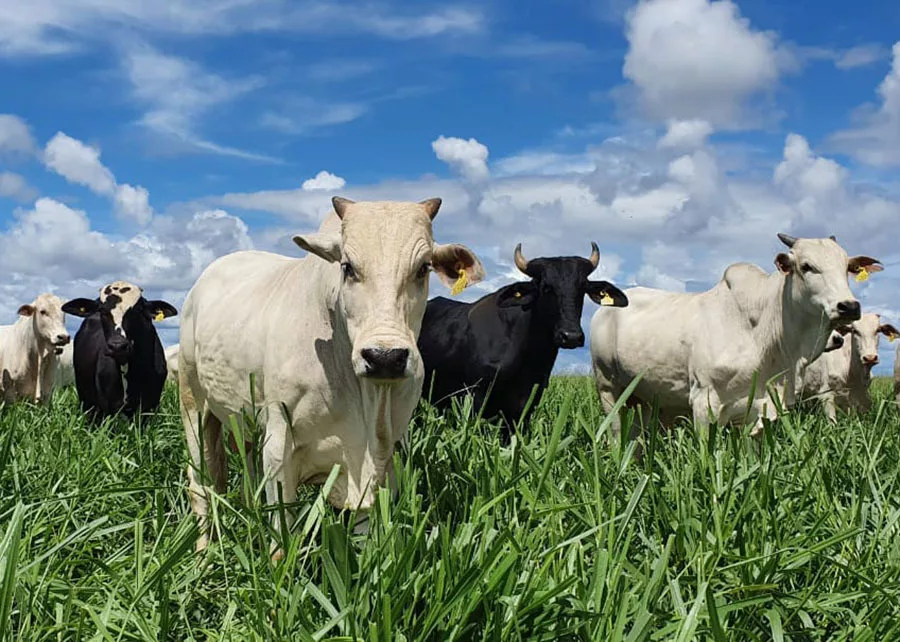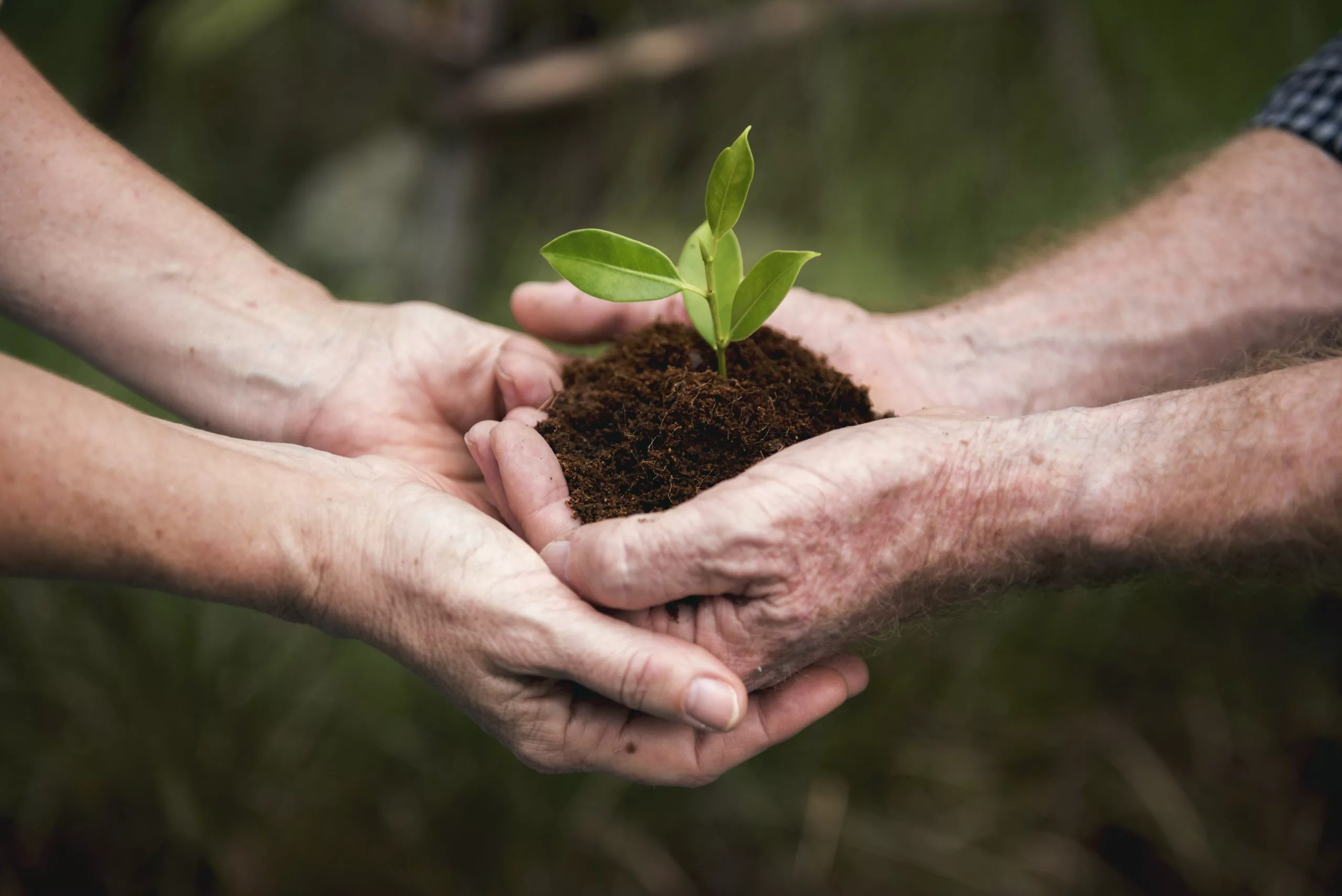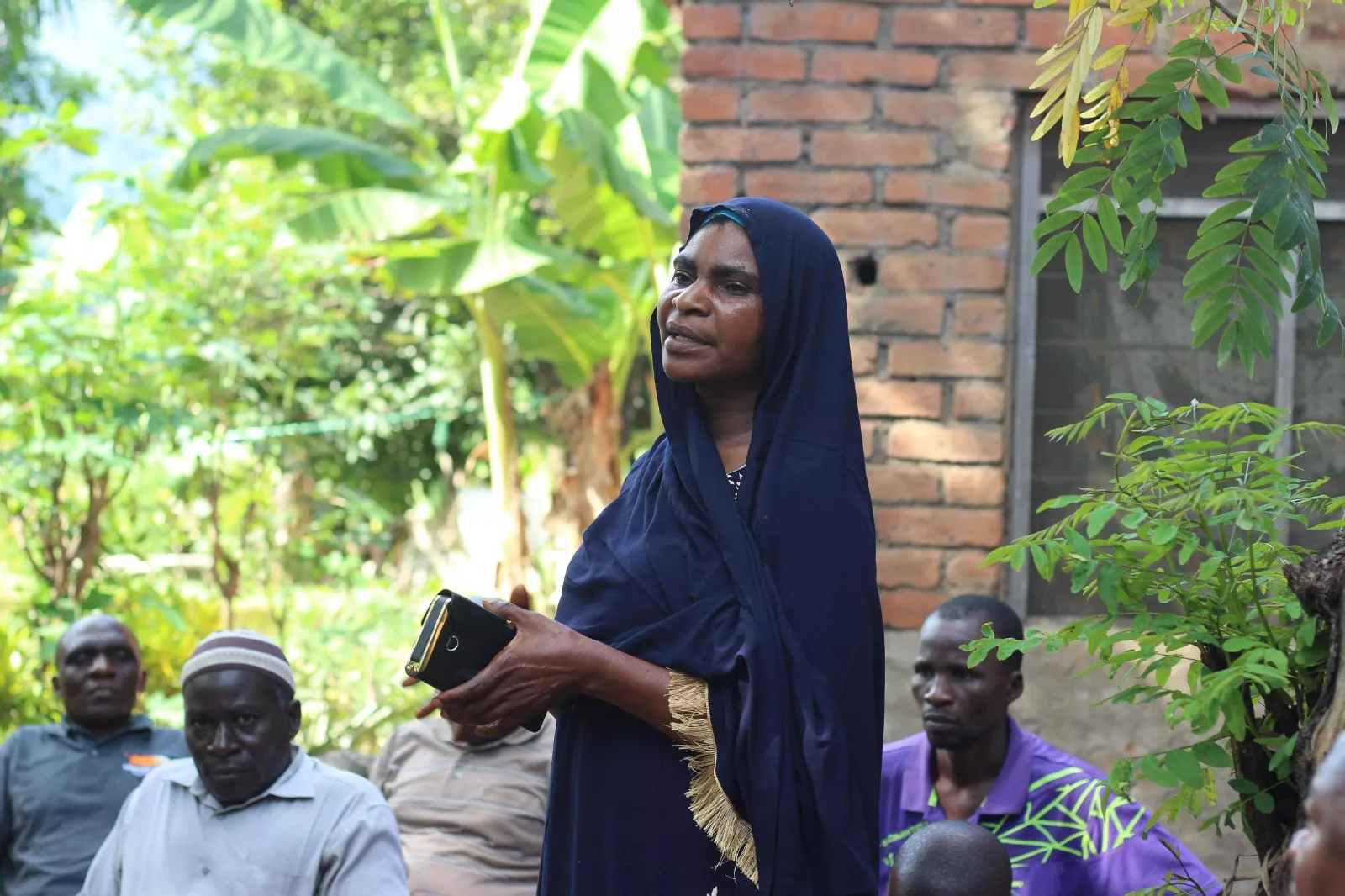
By the end of August, São Paulo state must analyse 100% of Rural Environmental Registration (CAR) from the 406,000 rural properties in the this federative unit.
State data is being processed through the Dynamic Analysis tool, developed by Brazilian Forest Service (SFB), linked to the Ministry of Agriculture, Livestock and Supply (Mapa).
According to the state government, all state property registries have been processed between November 2021 and April 2022, and about 67% have been analyzed.
A third part of the declarations have not yet because there are lawsuits or overlaping between neighbor properties, indigenous territories or conservation units. However, their analysis will be completed by the system.
According to the Brazilian Forest Code, owners make self-declarations about their land and, based on the parameters established by law, the system indicates compliance or not of each farm.
“If everything is ok, within the rules, the owner is informed that he is in compliance with the law”, explains Maria Cristina Murgel, coordinator of Strategic Affairs at the state secretariat of SP.
She adds that, if the analysis finds any inconsistency, the system points it out and the owner has the possibility to correct or even contest. If he does not accept the analysis, the statement and arguments presented by the producer will be re-verified by the team.
Environmental registration
The State Department is supplying Sicar-SP with new databases to try to meet the goal of analyzing 100% of the declarations by August 31st.
The most important step at this point is for owners who have already had their statements processed to log in with their login and check their status.
So far, only 3% of the statements analyzed have been validated by the owners. Those who comply with the law may benefit from easier access to credit, for example.


![24 Dec. 2023- Shirqat – Iraq – Ahmed Turki Naif, One of the beneficiaries of the training courses on modern agricultural methods in Shirqat is married and a father of two daughters, benefited from the project by adopting pivot sprinklers and drip farming after benefiting from the training course. his fealed work is growing barley, […] 24 Dec. 2023- Shirqat – Iraq – Ahmed Turki Naif, One of the beneficiaries of the training courses on modern agricultural methods in Shirqat is married and a father of two daughters, benefited from the project by adopting pivot sprinklers and drip farming after benefiting from the training course. his fealed work is growing barley, […]](https://planetacampo.canalrural.com.br/wp-content/uploads/sites/9/2025/02/undp_iq_dsc06266-scaled-1.webp)



